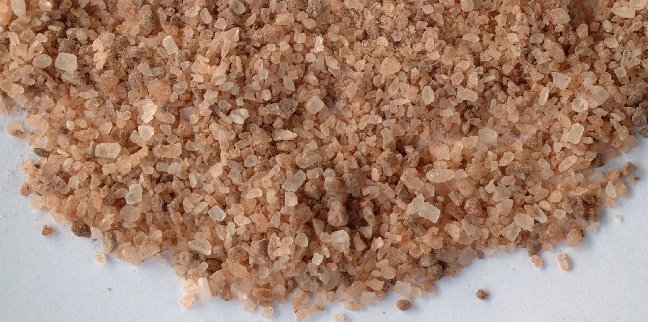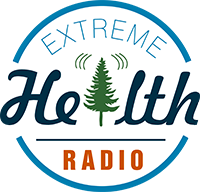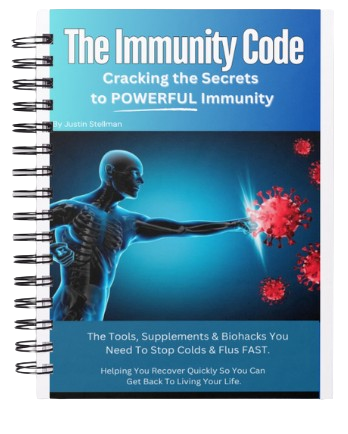
Who needs minerals? Everyone! Minerals are the electrolytes of life. They activate thousands of enzyme reactions in the body. Like vitamins, minerals are needed in small quantities; without them the body cannot function properly. A lack of minerals in the diet may cause illness and disease. However, they can also be harmful if taken in large amounts. The role of minerals and human health is immense, yet seldom recognized.
According to Linus Pauling, one of the most influential chemists in history, “You can trace every sickness, every disease, and every ailment to a mineral deficiency”. Your liver, as well as the rest of your body, depends on a good amount of vitamins and minerals every day to support body functions. They are necessary for survival.
Mineral nutrients make up about 4% of the weight of the human body, and are important – hardly any one of us gets enough. Many minerals work with each other within the body to function properly. They keep your body pH in balance – alkaline instead of acidic. They regulate the nerves electrical activity, osmosis of cellular fluids, and most of your metabolic functions. They are essential to bone health and formation. They keep you emotionally balanced, transport oxygen and help with the rhythm of your heart. High stress levels, and the use of antibiotics, or tobacco, can cause mineral depletion.
Minerals are a naturally occurring inorganic element, and can be found throughout the world in the earth’s soil and in our water. These minerals are then transformed into an organic compound and absorbed for use by the human body in ionic form. Your body doesn’t synthesize minerals; they must be obtained from your food. The best minerals are those naturally occurring in mineral-rich foods in their unprocessed state, such as, fresh fruits, vegetables, nuts, seeds and sprouts. You can also get minerals from common table salt (sodium chloride), magnesium chloride, calcium phosphate or zinc sulfate. In mineral water, and other liquids, these form a solution as the salts dissolve into positively and negatively charged mineral ions. If they are not in ionic form when consumed, they are ionized in the gut. After minerals are absorbed, they actually become part of the structure of the body – cells, hormones, muscles, blood and bones. These substances remain in the body for various amounts of time.
The essential minerals are divided into two main groups: macro-minerals (so-called because we need large amounts), such as calcium, magnesium, potassium, sodium, chloride, and sulfur (so-called because we need large amounts); and micro-minerals (or trace minerals), some of these include boron, chromium, copper, iodine, iron, manganese, silica, and zinc.
A mineral is considered a macro-mineral if your body requires over 100 mg of that particular element. If it is less than 100 mg, then it is considered a micro-mineral or trace mineral. Both types of minerals are equally important for your health, but the body needs greater amounts of macro-minerals.
The number of trace minerals known to be essential to life now exceeds thirty. However, some researchers believe that for optimum health, we need to take in every substance found in the earth’s crust. Along with some of the familiar trace minerals, such as iron and iodine, the body also needs others which are less known, like cobalt, germanium and boron.
There are a number of factors that can prevent the absorption of minerals, even when they are available in our foods. For example, excess calcium may impede the absorption of manganese. Lack of hydrochloric acid in the stomach, an over-alkaline environment in the upper intestine, or deficiencies in certain enzymes, vitamin C, or other nutrients, may prevent chelates from releasing their minerals. Minerals do not work alone. They must work in balance with one another, as well as with the metabolism of proteins, carbohydrates, fats and vitamins. When one mineral is excessive, it steals from others, causing a chain-reaction of deficiencies.
It is important to realize that minerals have an inter-dependence between many other various elements of food and with the complex actions. Minerals are not isolated food factors, but parts of the nutritional whole. So, what happens if you don’t get enough minerals in your diet? A deficiency in minerals causes sickness and disease.
Sharon Olsen’s education is in Communications and Journalism. She has over 15 years of experience in sales and marketing, and she has over 6 years of experience in the medical field. Sharon has worked for a Naturopathic Doctor / Iridologist for over two years. She is completing her Certification as a Medical Assistant, as well as Certification in Herbal Therapy. Ms Olsen has a strong interest in Integrative Medicine, and is in the process of building a medical and holistic clinic. She continues her education by taking additional holistic classes.


